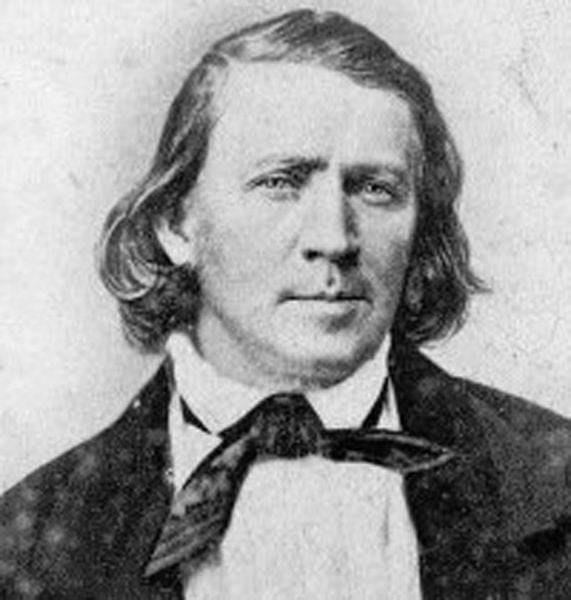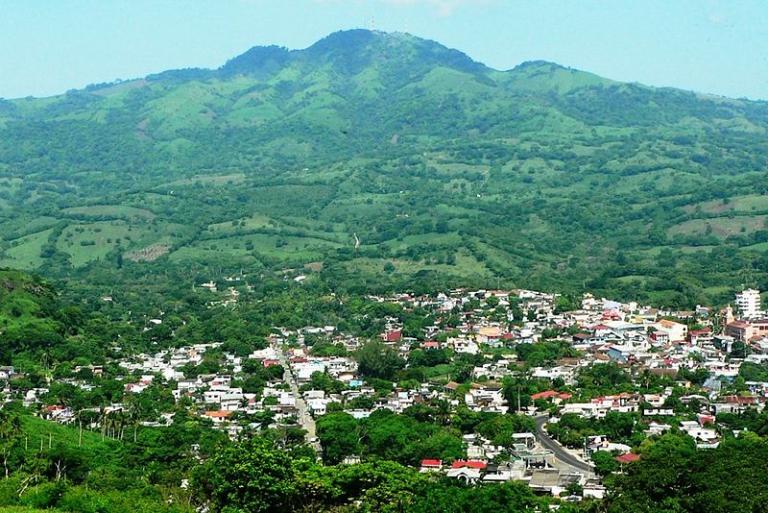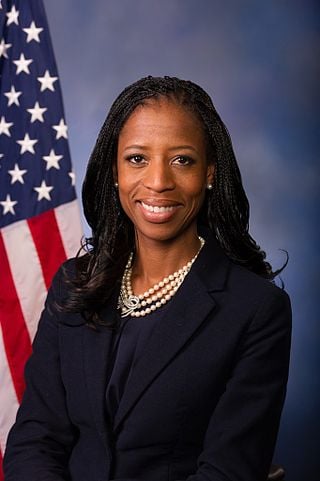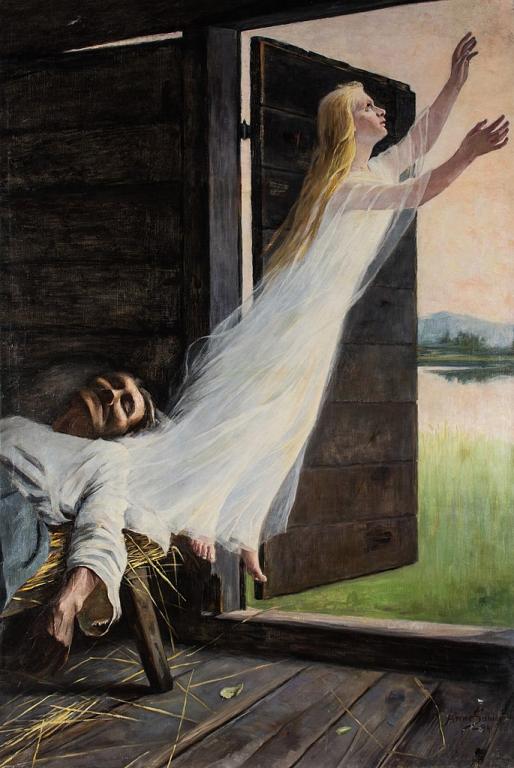
Before leaving for church today, I read “Brigham Young Unfiltered: His Life, Conversion, and Faith in His Own Words” (BYU Studies 64/1 [2025]: 5-19), written by the irreplaceable LaJean Purcell Carruth. I commend it to your attention:
“When we have Brigham Young’s own words, what he really said according to the shorthand record, we hear a very different man from the one that is so often criticized. Brigham bashing has become a sport for some people—criticizing him for his words or parts of his teachings, often without correct information or considering the times in which he lived. Yes, he said things that I and many others wish he had not said. But I have said many things that I wish I had not said, and I suppose every person has. We need to reexamine what we believe and say about Brigham Young, with a more broad understanding and based on correct sources.”

(Wikimedia Commons public domain photograph)
By the way, for some of you who may be wondering what has become of our dear friend “Two Cumorah Fraud”: I shadow-banned Fraud early last week. What is shadow-banning? It’s an admittedly rather devilish way of barring someone from commenting here that still allows the commenter and (if I choose) me — but nobody else — to see his posts. In other words, he can go on for some indeterminate length of time still thinking that his priceless contributions are appearing to others as before, when they’re actually not. Fraud had already posted several comments that day and, after the shadow-ban went into effect, he posted seven (7) more comments before the day ended. His seven additional offerings covered the same widely-varied thematic range that all of his prior contributions had covered, and all of them conveyed the same signature kindness and the same charitable spirit that his comments had always carried with them. He ceased attempting to post here after that; I suppose that, somehow, he eventually realized that his blows weren’t landing. I hope that Fraud can find another venue where he can continue to make his, umm, contributions to the Kingdom — preferably far from here. And I wish him shabbat shalom.

I’m saddened by this news; she had so much left to offer: “Former Utah Congresswoman Mia Love has died at age 49: Former Utah Congresswoman Mia Love died on Sunday, March 23, 2025” I had not realized that the end would come so soon; less than two weeks ago, she published an article in the Deseret News: “Mia Love: My living wish for the America I know: As her battle with brain cancer comes to an end, Mia Love takes up her pen — not to say goodbye but to say thank you”
My brother, Kenneth, died, suddenly, exactly thirteen years ago today on 23 March 2012. That was the first major blow of what remains by a considerable distance the worst year of my life. I was still reeling from his loss when the year’s other blows began to fall a couple of months thereafter. Strictly speaking, Kenneth was my half-brother. But he was my only sibling and, despite our difference in age, we were very close. Even after all these years have passed, there are very few days, if any, when I don’t think of him and miss him. I’ll post my customary tribute to him within the next couple of days. But I’m thinking of him today.

With my brother’s passing and Mia Love’s passing on my mind, I think it not inappropriate for me to mention a few of the many passages that I marked during my recent reading of Bruce Greyson, “Researchers’ and Experiencers’ Descriptions of Near-Death Experiences: In Search of a Conceptual Model,” Journal of Near-Death Experiences 41/3 (2023): 169-201. Dr. Greyson, who is Chester Carlson Professor Emeritus of Psychiatry and Neurobehavioral Sciences at the University of Virginia School of Medicine, is the author of (among many other relevant things) After: A Doctor Explores What Near-Death Experiences Reveal about Life and Beyond, and is one of the preeminent authorities on the study of near-death experiences.
Based on a recent survey the he conducted of precisely equal numbers of researchers in the field and actual experiencers — one hundred each — he reported that a very commonly mentioned feature of NDEs
was a sense of hyperreality. Researchers typically described this in terms of “‘realer than real’ or hyperreal;” “much more real and certain than this world;” or, “an intensity that makes them different from coma experiences/visions.”
Experiencers typically described hyperreality in terms of “a sense of being in a reality more real than our usual one;” “somewhat like a dream only more real than life itself;” “a reality that feels more real than the one we live in;” “it is very real, and remains so long after the experience; no matter how many people in the world could try telling you that NDEs are not real, you know they are real with your whole being;” or “it is more real, authentic, more to-be-trusted than things you experience in my [sic] normal day-to-day life; you know it is real.” (181-182)
In the quotation above, as in the quotations below, I have omitted the internal references provided by Dr. Greyson. I also preserve his italicized emphasis below:
The second-most-commonly-mentioned phenomenological feature was an out-of-body experience. Researchers typically described out-of-body experiences in terms of “the sense of a center of consciousness existing apart from the body;” “clear and vivid perception of having left the physical body;” “subjective awareness escaping the spatial confines of the body;” “altered proprioception, with a sense of disembodiment;” or “perceiving the material world from a location outside the physical body.”
Experiencers typically described out-of-body experiences in terms of “spirit or soul lifts out of the body, rises up to ceiling, looks down on self;” “a separation of the eternal spirit from the body, and the act of leaving the dying body behind;” “it’s not a sensation of leaving your physical body, it is leaving your body;” “seeing your own body from far above, confirming that soul/spirit/consciousness is separate from this body, mind, intellect, and ego;” or “being decoupled from one’s physical body, free from the constraints of material existence.” (182)
A subtype of out-of-body experience was a veridical or corroborated out-of-body experience. Researchers describe this subtype of out-of-body experience typically in terms of “visual awareness of objects, entities, or events in the environment that can be confirmed by third parties;” accurately and veridically perceiving events in the here-and-now;” “evidential features;” “sensory experiences of surrounding areas that are confirmed later;” or “viewing one’s surroundings, with subsequent corroboration.” (183)
Especially with Sister Love’s case in mind — she finally passed away as the result of a long and, I presume, a very painful illness, I’m happy to record that an absence of pain, even a sudden cease of previous pain, was commonly reported — particularly by those who had themselves undergone a near-death experience. (See page 188 of Dr. Greyson’s article.) That is heartening, encouraging, and comforting.
Posted from Poʻipū, Kauaʻi, Hawaiʻi











